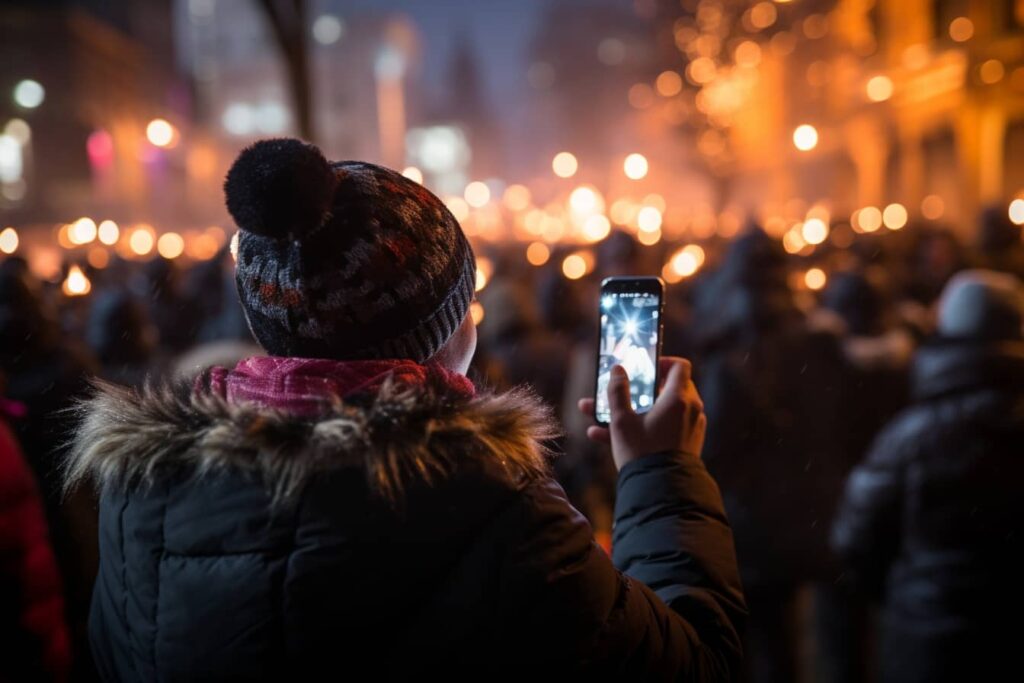In an increasingly interconnected world, the search for the ideal partner has evolved in a surprisingly creative way. Welcome to the era of SciMatch, the startup that promises to turn a simple selfie into a passport to love.
The idea is as intriguing as it is bold: SciMatch uses advanced scientific algorithms to analyze facial features and pair individuals based on their compatibility. The premise is that behind every selfie there is a story, a set of unique traits that can reveal much more than we imagine about our personalities and relationship compatibility.
The technology “is much more accurate than human judgment at predicting your character traits” and is accurate 87% of the time, they say Yanina e Viktoryia Strylets, graduated in data science and computer science respectively. They are the co-founders of the startup.
Much more than a click
It's not just a question of the symmetry of the face or the position of the eyes, but of how these characteristics reflect our essence. This is why I ask myself: how much substance is there in this promise of love with an algorithm instead of Cupid?
The beating heart of SciMatch is its advanced technology based on facial analysis, which starts from the results of a scientific study (I link it here). But what's so special about a selfie? And how can a set of pixels reveal the compatibility between two individuals? The answer, they say at the startup, lies in data science and machine learning. SciMatch algorithms examine a wide range of facial features, from jaw shape and eye position to facial symmetry. Information that is then compared with a database of existing users to find the most promising matches.

Love with a selfie: frankly it doesn't convince me
Despite the declared “scientific” approach, I remain convinced that factors such as shared values, common interests and life goals play the crucial role in determining the success of a partnership.
This is why I don't believe in the effectiveness of SciMatch. Relying solely on facial features to gauge the compatibility of two people oversimplifies the complex nature of human relationships. Of course, I cannot deny that the prospect of having a "genie in the lamp" capable of placing the perfect person next to us captures the imagination of many.
I appreciate the attempt, basically. If nothing else, it stimulates reflection on the role of technology in defining our path to love. In the end, no algorithm can guarantee everlasting love. It is up to us to discover and cultivate compatibility with a partner, building authentic connections in an increasingly digitalized world. More than selfies. Right?


